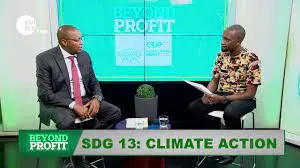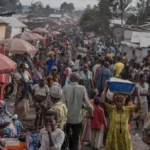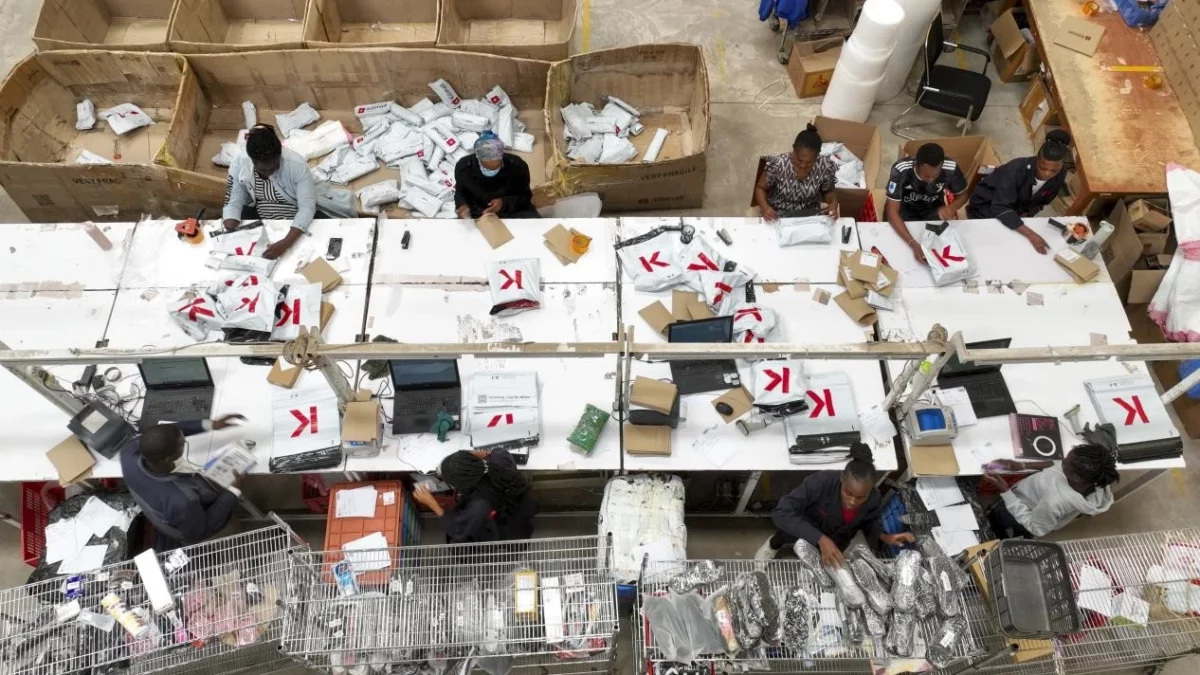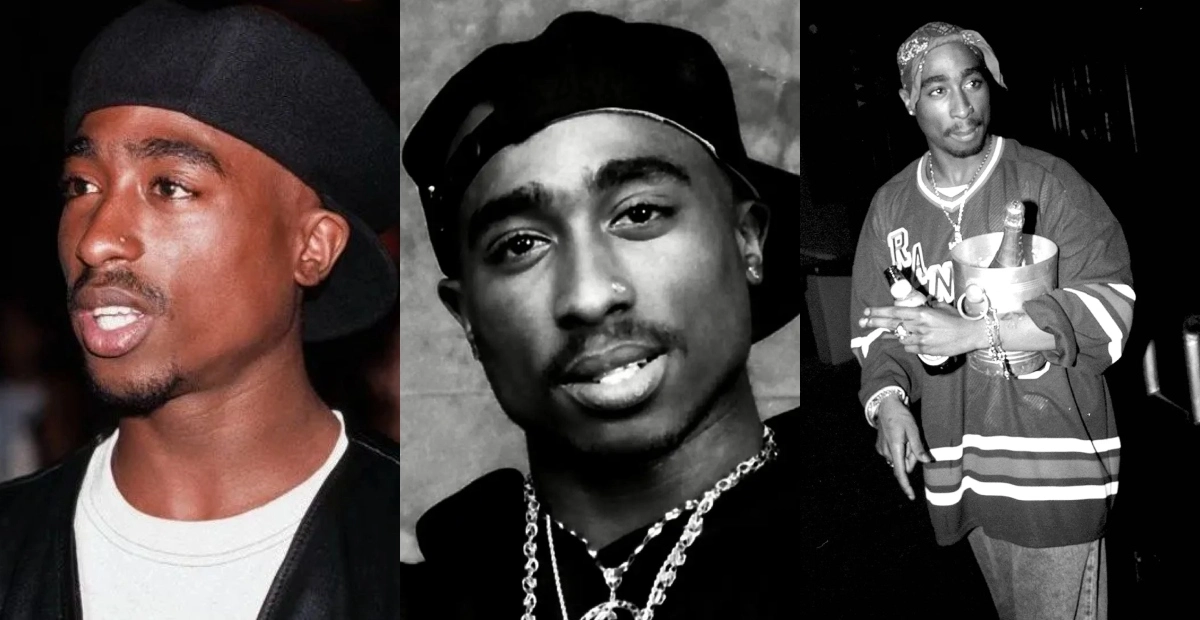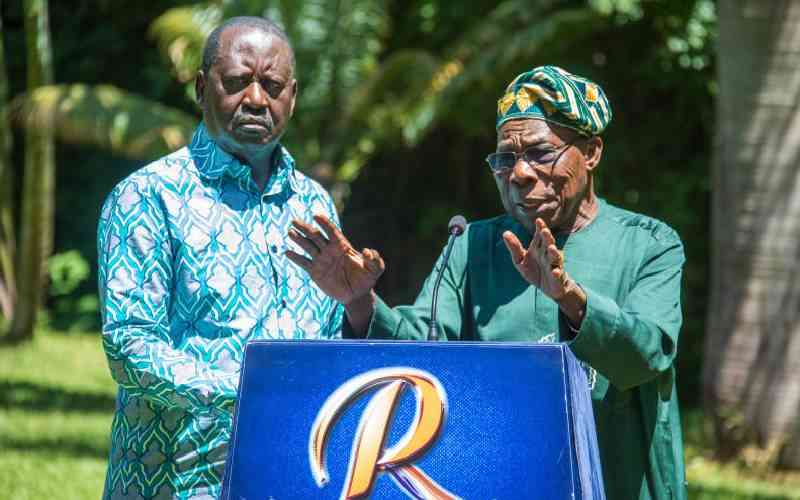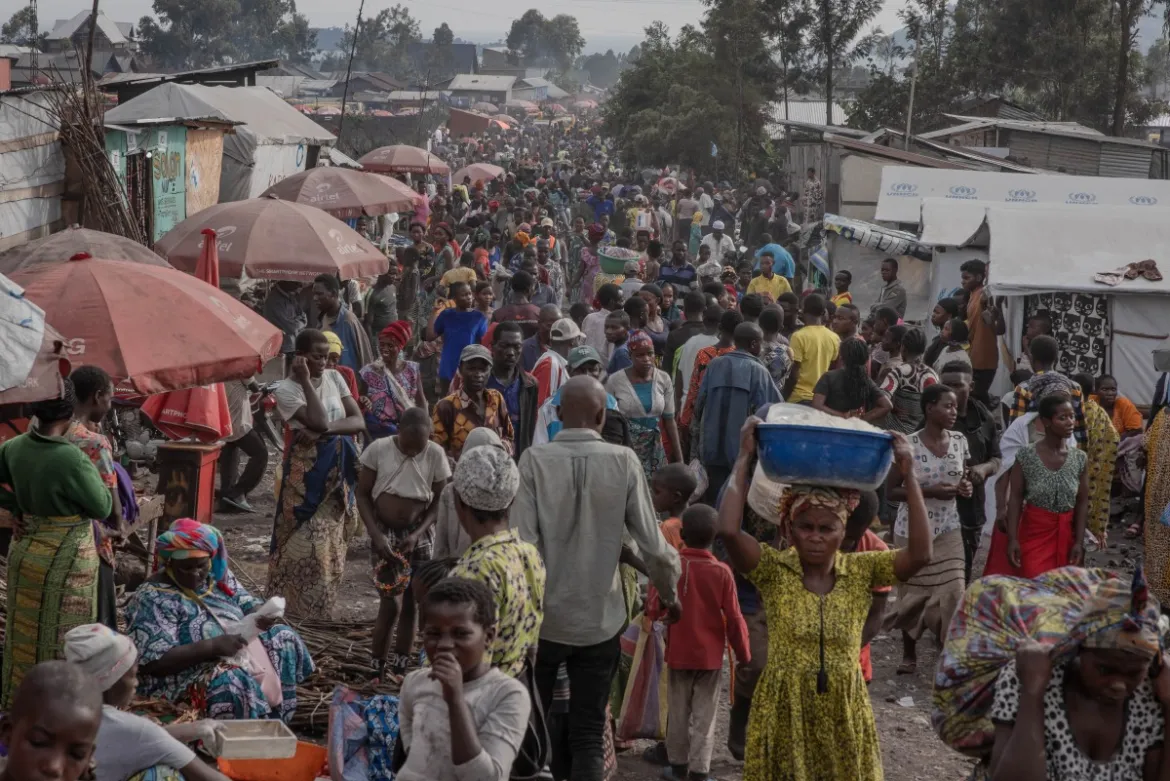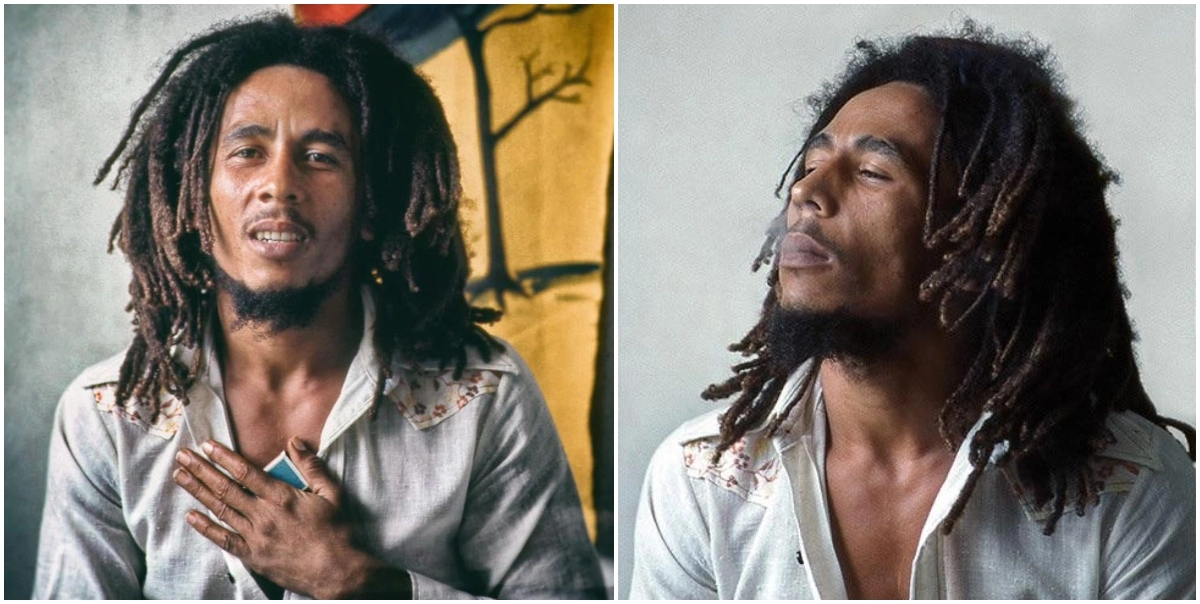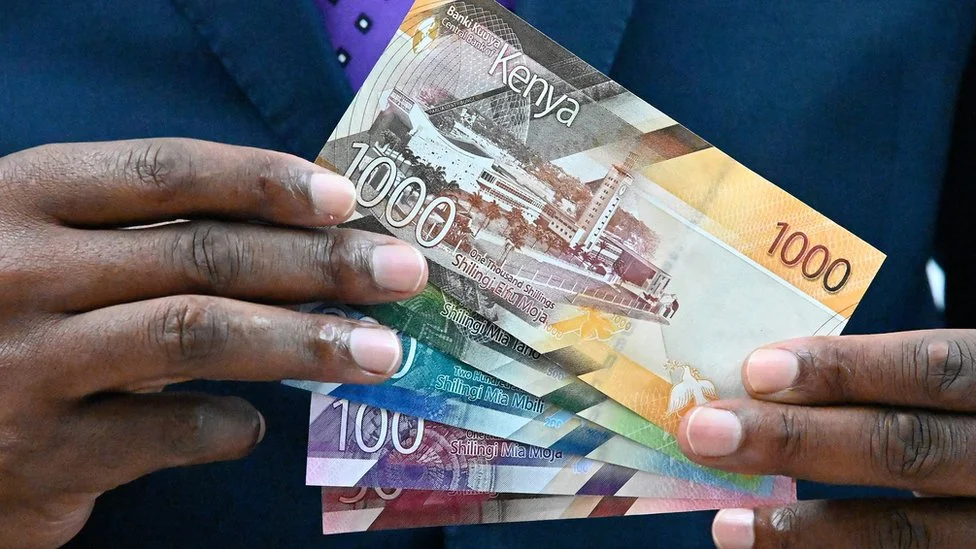Equity Foundation contributes towards Climate Smart Agriculture through empowering farmers and Cooperating with the government to ensure Blue Economy.
Climate change is possibly the gravest threat of the 21st century, as catastrophic attacks hit different parts of the world resulting from global warming, pushed by human and economic activities, including how we generate and consume power, transportation, and production of goods in industries, waste management, and deforestation, hit the world.
Equity foundation has stepped up to save the planet, in an exclusive interview with Switch media the Associate Director of Equity bank, Eric Naivasha talks about climate-smart Agriculture and how the Equity bank foundation is empowering farmers across the region to adopt Smart agriculture, and how the foundation is working with the government to ensure a Blue-Economy, reducing the aggregate levels of greenhouse gases.
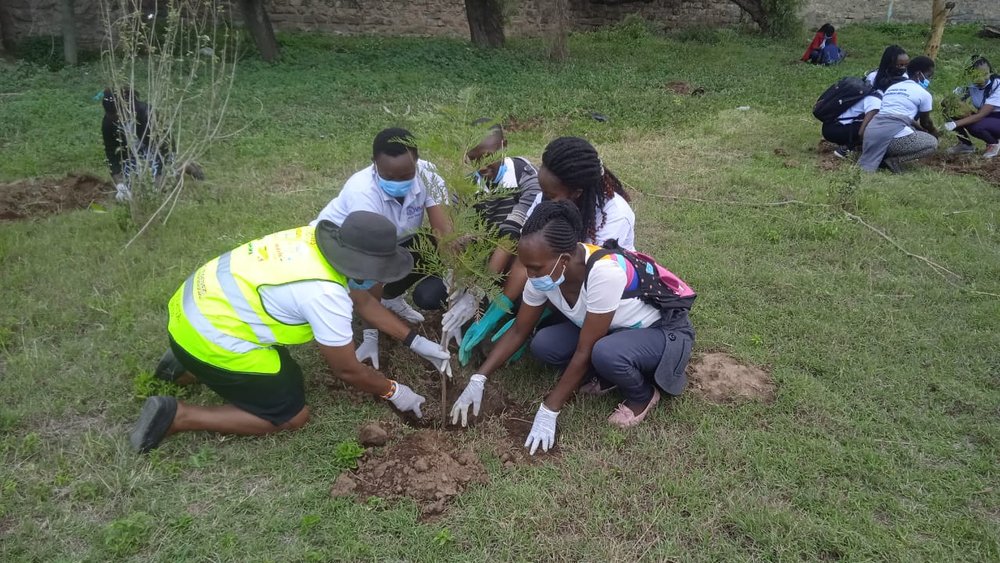
Equity has the appeal code, energy, development, and climate change within the foundation and also within the equity group, supporting six countries.
The foundation empowers farmers across the region to adapt to Climate-Smart agriculture and educates farmers to plug in to ensure farming in ways that protect the climate.
Equity Foundation is intentional in monitoring emissions and introducing automation to monitor the emissions of clients on ecosystems working with them to transition technologies to foils.
Equity Bank deploys balance sheets to carry out economic activity in a more sustainable manner to reduce greenhouse gases.
The foundation works with the agriculture pillar to train farmers about Climate methods and practices, considering Climate Smart Agriculture, and taxonomy.
The entrepreneurship and agriculture pillars work closely because training is required. The trading pillar works closely with the farmers to train farmers on climate-smart practices, and so is the pillar of Health working together with the Education pillar.
Critics are talking about actual demand by doctors who have come from the education pillar.
The foundation works with the vulnerable community under the social protection pillar, almost 4 million households to establish resilience to climate damage, through education on the importance of planting trees, as the foundation maintains its big target of 5 million trees in every community, and has planted 19 million trees so far.
“These trees have been planted, with education in schools because we want to capture the minds of young people when they are young to start thinking about environmental conservation”. Said Naivasha during an exclusive interview with Switch media.
Equity Foundation uses pillars to address many issues in society, not just climate change but other matters as well considering the interconnection between the pillars.
He noted that with the huge tracts of land in our country we can cultivate drought-resistant crops like yams, cassava, and Sorghum among others, to curb food shortage challenges.
“At the supermarket in Nigeria when I opted to pick cassava flour, I noticed it was higher than a packet of maize because they have embraced that this kind of food can withstand harsh economic and climatic conditions.
Educating farmers on the importance of cultivating drought and famine-resistant crops and researching new species that can do well in different new ecological zones to respond to food shortages.
“You cannot feed a country where 95% of food production depends on rain, we need to reduce that drastically and get more tracts of land under irrigation and train more farmers to adopt climate-smart agriculture so that when we can produce even when the weather is not able,
“National policies can be integrated to help drive this conversation on climate change”. Naivasha noted.
The foundation is working on its integration programs, and international policies aligning with the water government to get a lot of support in terms of policy frameworks, government energy, resources, and other aid.
“We also align with other development partners like the UN system, for instance, and the government as well when creating development programs, so we co-create programs with the institutions, both governmental or development institutions,
“Within the UN system, we are crowded with a lot of support institutions, like Europe is also a co-creator. He further added”.
The associate director further noted that they work with the government on issues of climate change, looking at the National determination through the contributions which was revised in December 2019 to 2%.
“And you can see the things they’re proposing in terms of climate change, whether it’s renewable energy or energy efficiency, whether it’s used to be the water, whether it’s waste management afforestation’.
He said their programs are aligned with a government’s document called the nationally determined contribution document, and Kenya was one of the countries to ratify that in Africa under the Paris Agreement,
“So looking on agriculture, we are speaking about food security, that is within what the government is considering when you talk about social protection”.
“We work with the government to protect the refugees, the vulnerable, the elderly, and the community.”
When you talk about our pillowed entrepreneurship, we are also working very closely because it’s about job creation, and that’s where the company is focusing on, as our program is aligned with
what development partners are looking at and what the government is looking at, and then we co-create your program then that we’re able to support absolutely.
Having adopted over 2 million smallholder farmers and taught close to 40,000 farmers about sustainable agricultural methods and the foundation continues to train more farmers.
“I think the last two and a half years has exposed the world, and the current situation with the war in Ukraine, We just realized how vulnerable the world is, look at Syria cereals, and grains and edible oils have been affected because global supply chains have been broken,
“We just realized there was a concentration in the few countries that are leaders in cereals, grains, and edible oils, while in Africa, we have all that it takes to feed the world. there’s land, water, computer coding-decoding, technologies among other resources.”
Mr. Naivasha noted that lessons have been learned in the last couple of years and that the people and governments should think in a certain direction, and that led to Africa’s recovery and resilience plan launched recently and has received the support of many players globally.
Naivasha mentions agriculture as the first plan, having determined the cream of Africa to be based on agriculture, and it’s not just production but also a value ratio full cycle of more products, which requires increasing productivity or agricultural output.
“Then we need to value add that output within the continent, and that’s where we get to create jobs. So, that is what we have learned, that we have what it takes to produce wheat,
“So when there is war in a country 10,000 miles from where we are, we have food to eat, and avoid crisis”.He declared.
The Equity Associate Director mentioned supporting the canola farmers in Laikipia to produce more canola and start consuming canola oil from canola seeds.
Subscribe to our You Tube channel at Switch TV.
He concluded that the African recovery and resilience plan will support agriculture and extractives and add value to the continent.


